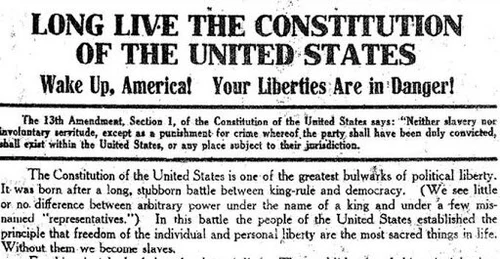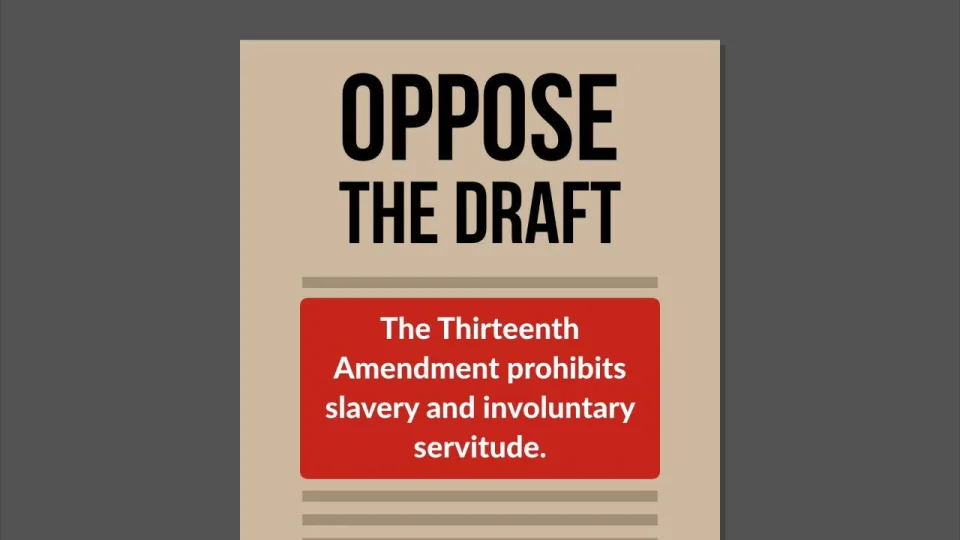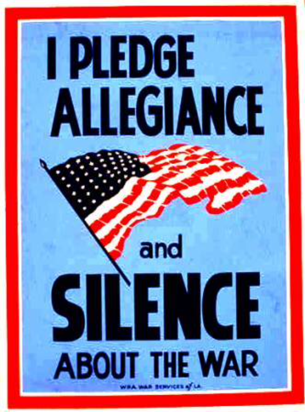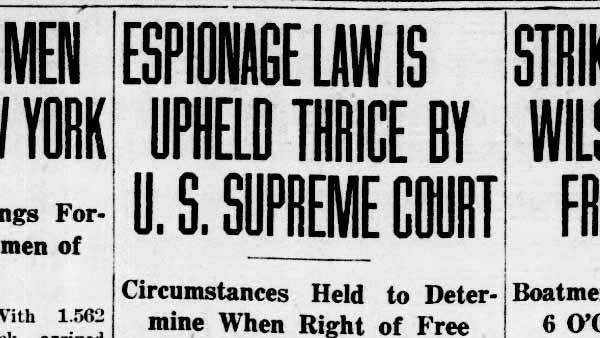United States 249 US. Statement of the facts.
/GettyImages-514902118-19e6068c51fb44a88d4948d33d577a93.jpg) Abrams V United States Supreme Court Case
Abrams V United States Supreme Court Case
In the landmark Schenck v.
Schenk v united states. In June 1917 shortly after US. Constitutions First Amendment could be restricted if the words spoken or printed represented to society a clear and present danger. In addition the law prohibited willfully obstructing recruiting or enlisting.
Supreme Court ruled on March 3 1919 that the freedom of speech protection afforded in the US. United States legal case in which the US. Entry into World War I Congress passed the Espionage Act which.
The Free Speech Clause of the First Amendment does not shield advocacy urging conduct deemed unlawful under the Espionage Act. Unanimous decision for United States majority opinion by Oliver W. Willis Van Devanter Van Devanter.
Upon entering the first World War Congress passed an Act making it a crime to willfully make or convey false reports or false statements with intent to interfere with military success or promote the success of its enemies during wartime. The ruling established that Congress has more latitude in limiting speech in times of war than in peacetime and set. 47 1919 the Supreme Court affirmed the conviction of Charles Schenck and Elizabeth Baer for violating the Espionage Act of 1917 through actions that obstructed the recruiting or enlistment service during World War I.
United States Case Brief.
 Blog Ap Us Government And Politics
Blog Ap Us Government And Politics
 Schenck V United States 249 U S 47 1919 Case Brief Summary Quimbee
Schenck V United States 249 U S 47 1919 Case Brief Summary Quimbee
 Schenck V United States Screen 5 On Flowvella Presentation Software For Mac Ipad And Iphone
Schenck V United States Screen 5 On Flowvella Presentation Software For Mac Ipad And Iphone
 An Introduction To Constitutional Law Schenck V United States
An Introduction To Constitutional Law Schenck V United States
 The Supreme Court Capitalism And Conflict Landmark Cases Schenck V U S 1919 Pbs
The Supreme Court Capitalism And Conflict Landmark Cases Schenck V U S 1919 Pbs
Schenck V United States 1919 Usgopo Com
 Schenck V United States Restrictions On Free Speech Landmark Supreme Court Cases By Karen Alonso 1999 05 01 Karen Alonso Amazon Com Books
Schenck V United States Restrictions On Free Speech Landmark Supreme Court Cases By Karen Alonso 1999 05 01 Karen Alonso Amazon Com Books
 Thinkport Org Special Collections Teaching With Primary Sources
Thinkport Org Special Collections Teaching With Primary Sources
